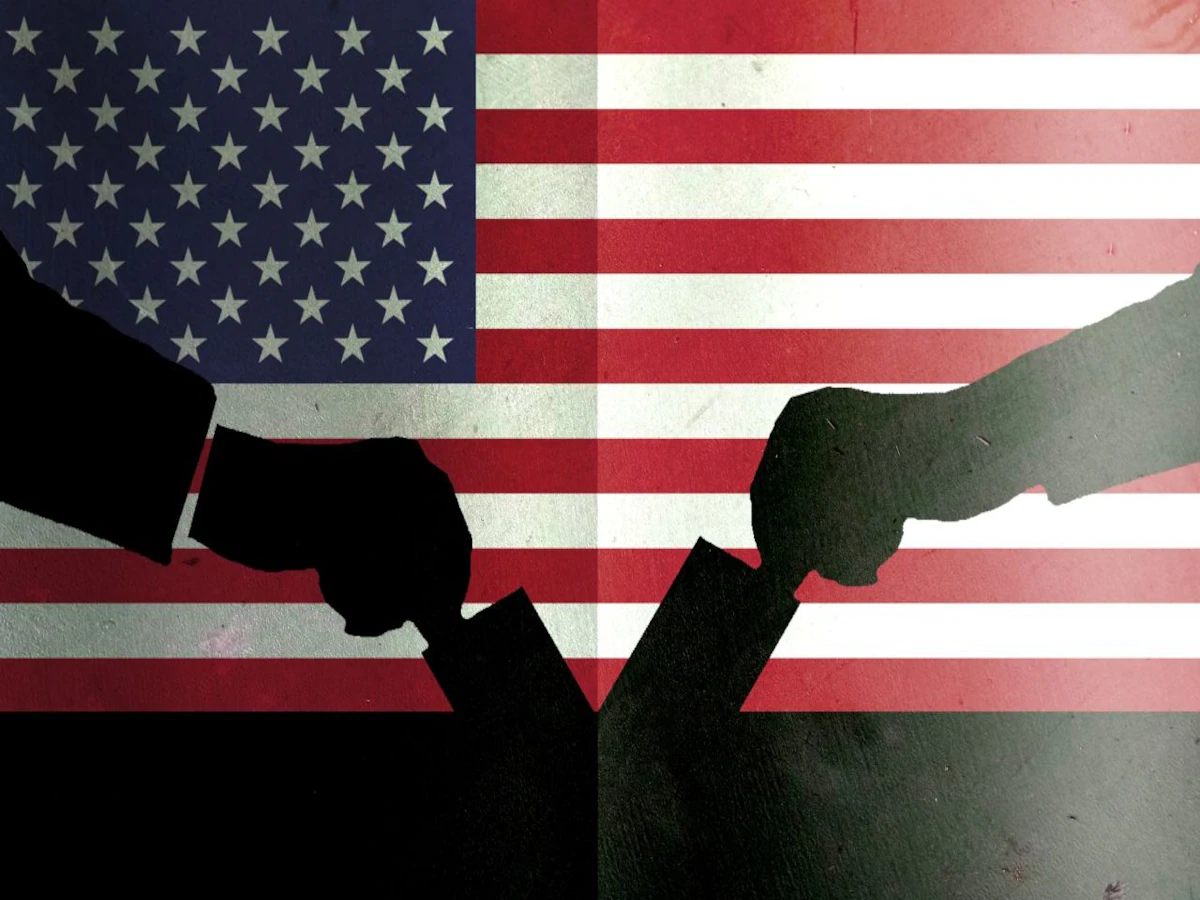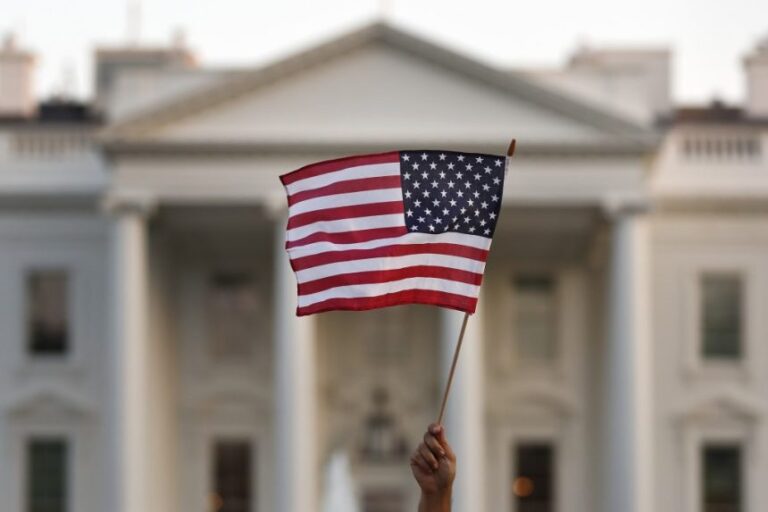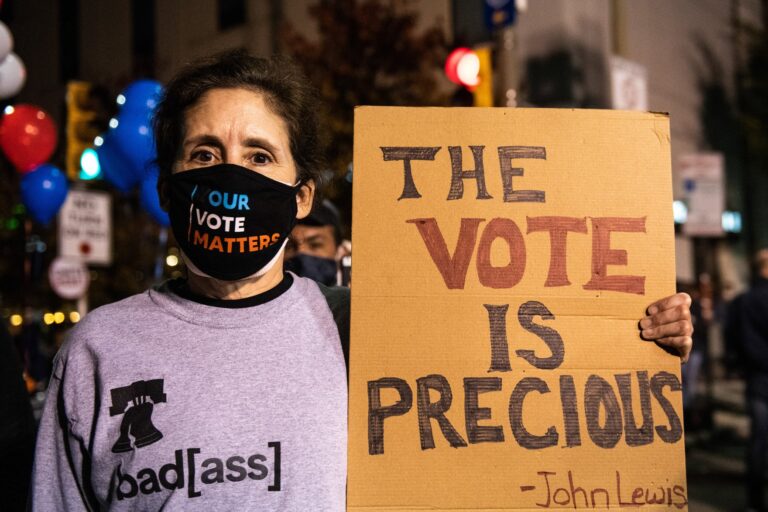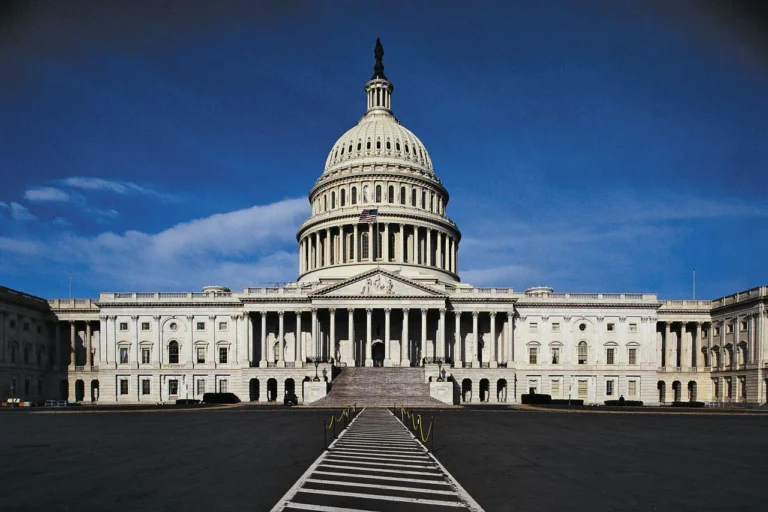In recent decades, the role of Political Action Committees (PACs) has grown exponentially, and they now play a pivotal role in U.S. elections. PACs allow corporations, unions, and advocacy groups to pool resources and contribute large sums of money to political campaigns. While PACs have become a major force in American politics, they also raise important questions about the influence of money in politics and the potential for corruption. In this blog, we examine the growing influence of PACs on U.S. elections and what it means for democracy.
1. What Are PACs and Super PACs?
A Political Action Committee (PAC) is an organization that raises money to support or oppose political candidates, legislation, or ballot initiatives. PACs can contribute directly to candidates’ campaigns but are limited by federal campaign finance laws in the amount they can donate. For example, PACs are allowed to contribute up to $5,000 per candidate per election.
However, Super PACs, a type of independent expenditure-only committee, are not subject to these limits. They can raise and spend unlimited amounts of money, as long as they do not coordinate directly with a candidate’s campaign. Super PACs emerged after the 2010 Supreme Court decision in Citizens United v. FEC, which ruled that restrictions on independent spending by corporations and unions violated the First Amendment.
2. The Impact of Money in Politics
The rise of PACs and Super PACs has dramatically changed the landscape of U.S. elections. These organizations can now flood elections with vast amounts of money, ensuring that candidates who align with their interests have the resources to run competitive campaigns. This has led to an increasing influence of wealthy individuals and corporations in political races, raising concerns about the fairness of the electoral system.
Critics argue that PACs and Super PACs allow special interests to have disproportionate power over the political process, undermining the idea of one person, one vote. Instead of candidates representing the interests of the electorate, they may be more beholden to the wealthy donors who fund their campaigns.
3. The Role of PACs in Shaping Policy
Beyond electioneering, PACs also play a significant role in shaping public policy. Corporate PACs, for example, often use their financial resources to lobby legislators and push for policies that benefit their industries. In some cases, this results in policies that favor big business over the public interest, such as tax breaks or deregulation.
Moreover, Super PACs often engage in negative advertising, attacking political opponents in ways that can distort public perceptions of candidates. This type of political spending has led to more negative campaigns, where the focus shifts from policy debates to personal attacks and character assassination.
4. Efforts to Reform Campaign Finance
In response to the growing influence of PACs, many advocates are calling for reforms to the campaign finance system. Some have pushed for a constitutional amendment to overturn Citizens United, while others have advocated for greater transparency and stricter regulations on Super PACs.
In recent years, some states have taken steps to curb the influence of money in politics by implementing measures such as public financing for campaigns, limits on PAC contributions, and increased disclosure requirements for political donations.
Conclusion: The Power of PACs in Modern Elections
PACs and Super PACs have become central to U.S. elections, reshaping how campaigns are run and who has influence in the political process. While these organizations can give a voice to political causes and groups, they also raise concerns about the growing influence of money in politics. As the debate continues over campaign finance reform, it is clear that the role of PACs in elections will remain a topic of intense scrutiny and discussion in the years to come.









